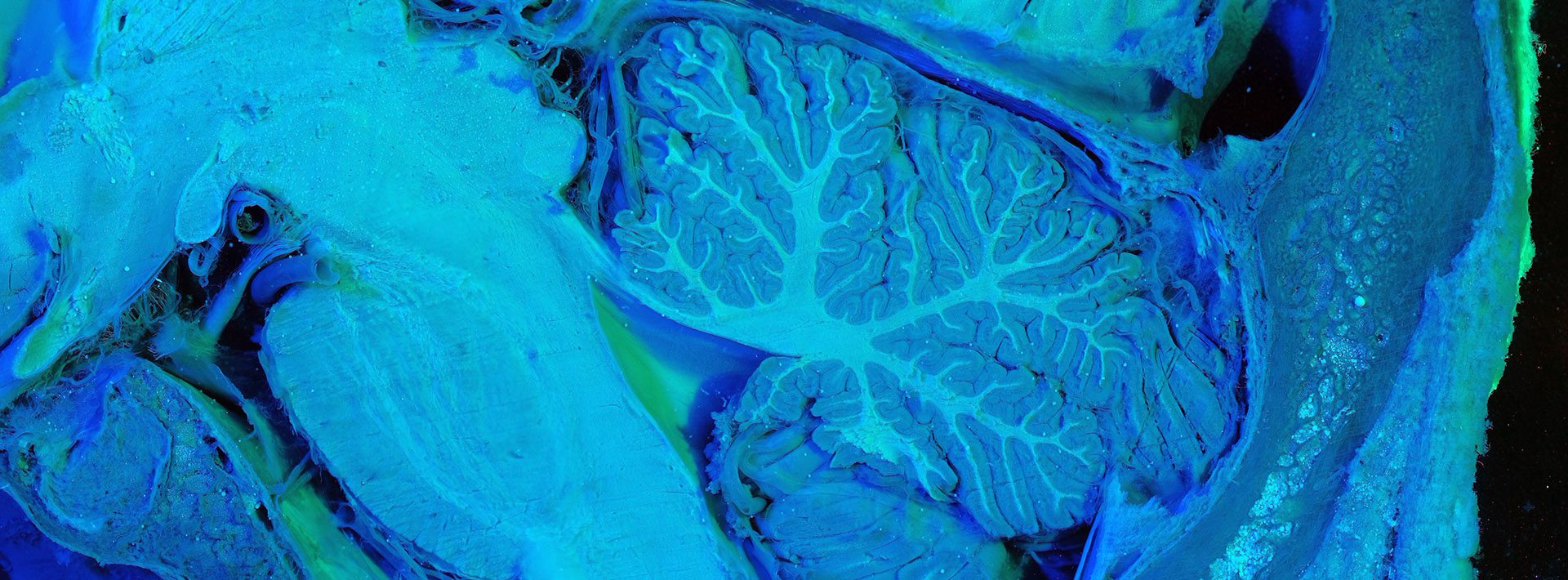Data
Official data in SubjectManager for the following academic year: 2024-2025
Course director
-
Opper Balázs
assistant professor,
Department of Anatomy -
Number of hours/semester
lectures: 14 hours
practices: 0 hours
seminars: 14 hours
total of: 28 hours
Subject data
- Code of subject: OPO-AI2-T
- 2 kredit
- Pharmacy
- Medical-biological theoretical module and practical skills modul
- autumn
OPO-AI1-T finished
Course headcount limitations
min. 5 – max. 100
Topic
The subject describes the macroscopic and microscopic structure of the human body. Students will learn in lectures (1x45 min/week) and seminars (1x90 min. every even week) how the organs are built up. In the second part of the 2-Semester study macroscopic and microscopic anatomy of the reproductive system, endocrine organs and the nervous system are represented with the aid of formalin-fixed cadavers, organ preparations and plastic models. General embryology includes the most important steps of the human development.
Lectures
- 1. Male genital organs - Szabó Edina Ivett
- 2. Female genital organs 1. Ovarium, tuba uterina, uterus. The ovulation and the menstruation cyclus. - Tamás Andrea
- 3. Female genital organs 2. Pregnancy, placenta. Vagina, external genital organs. - Tamás Andrea
- 4. Parts of the nervous system. Peripheral nervous system. - Füredi Nóra Judit
- 5. Macroscopic structure of the central nervous system. (Main parts, ventricles, meninges, blood supply) - Gaszner Tamás
- 6. Nervous tissue. - Füredi Nóra Judit
- 7. The main parts of the human development. Main steps during the zygote and the embryonic period. - Szabó Edina Ivett
- 8. Sensory pathways - Kovács László Ákos
- 9. Motor pathways - Kovács László Ákos
- 10. The endocrine glands - Opper Balázs
- 11. The autonomic nervous system - Opper Balázs
- 12. Structure of the visual system - Opper Balázs
- 13. Structure of the auditory and the vestibular system - Opper Balázs
- 14. Fetal period. Signs of the maturity od the newborn baby. Malformations and their causes. - Kovács László Ákos
Practices
Seminars
- 1. Anatomy: organs of the lesser pelvis
- 2. Anatomy: organs of the lesser pelvis
- 3. Histology: ovary, uterus, vagina, testis, prostate gland
- 4. Histology: ovary, uterus, vagina, testis, prostate gland
- 5. Anatomy: spinal cord, meninges, cranial nerves
- 6. Anatomy: spinal cord, meninges, cranial nerves
- 7. Anatomy: macroscopic structure of the brain
- 8. Anatomy: macroscopic structure of the brain
- 9. Histology: peripheral nerve, spinal cord, cerebellum, neocortex
- 10. Histology: peripheral nerve, spinal cord, cerebellum, neocortex
- 11. Histology: pituitary gland, thyroid gland, suprarenal gland
- 12. Histology: pituitary gland, thyroid gland, suprarenal gland
- 13. Anatomy: eye, inner and middle ear with models
- 14. Anatomy: eye, inner and middle ear with models
Reading material
Obligatory literature
http://an-server.pote.hu
Literature developed by the Department
http://an-server.pote.hu
Notes
http://an-server.pote.hu
Recommended literature
http://an-server.pote.hu
Conditions for acceptance of the semester
4*45 min. absence or less is acceptable. If a student has more than 4*45 min. absences, the course director can decide, whether the semester can be accepted or not. Over 7*45 min. absences (because of any reason) the semester cannot be accepted.
Mid-term exams
Written test (A chance) at the beginning of the exam period. B, C and D chances are oral exams during the exam period.
Making up for missed classes
The seminars can be made up with the attendance in the seminar of another pharmacy group of the same week (only twice in a semester possible)
Exam topics/questions
http://an-server.pote.hu
Examiners
- Fábián Eszter
- Farkas József
- Fülöp Balázs Dániel
- Füredi Nóra Judit
- Gaszner Tamás
- Horváth-Opper Gabriella
- Kovács László Ákos
- Opper Balázs
Instructor / tutor of practices and seminars
- Füredi Nóra Judit
- Kovács László Ákos
- Pham Dániel
- Sparks Jason
- Szabó Edina Ivett
